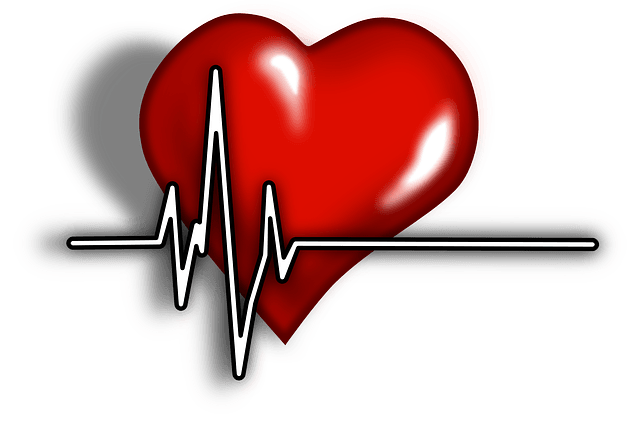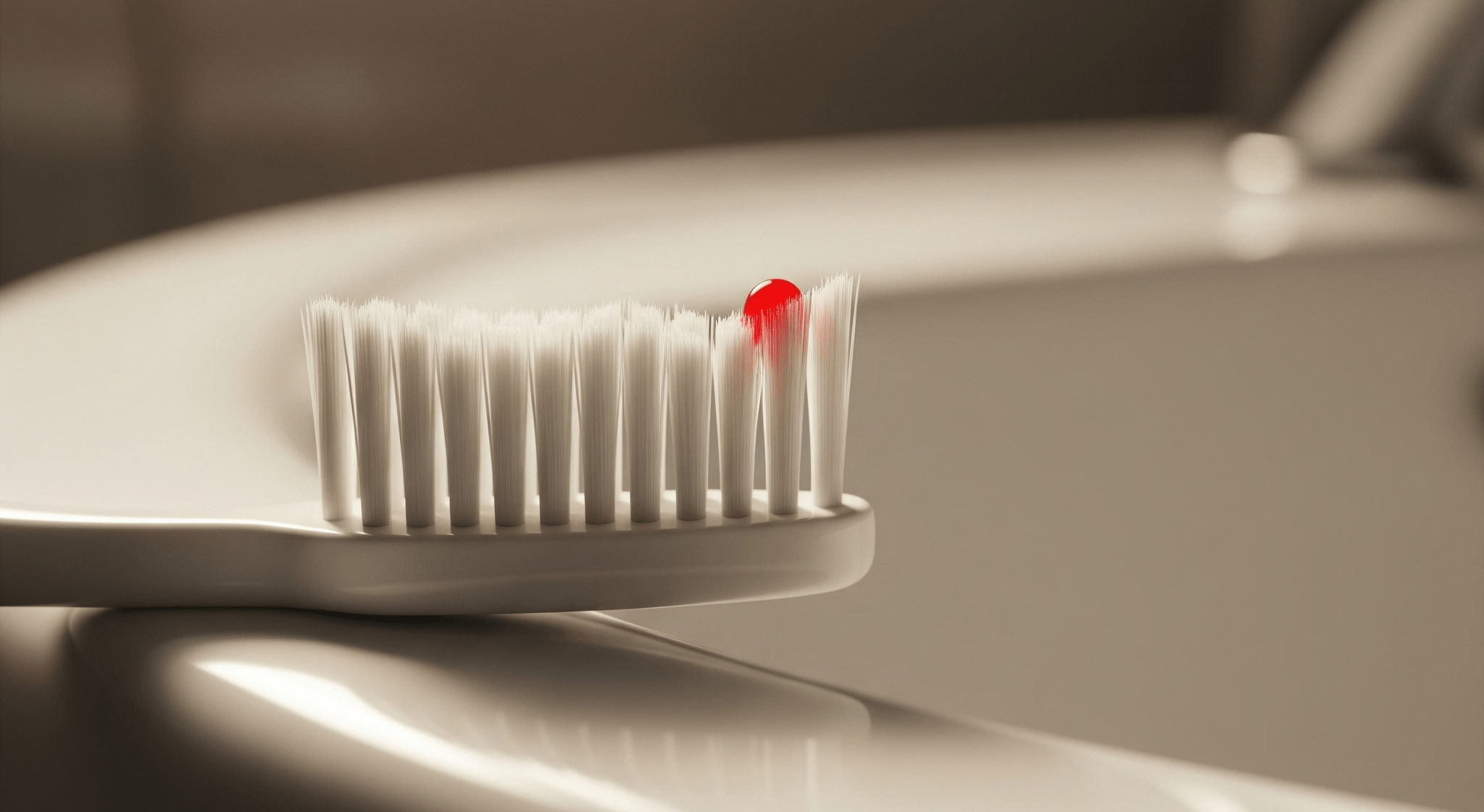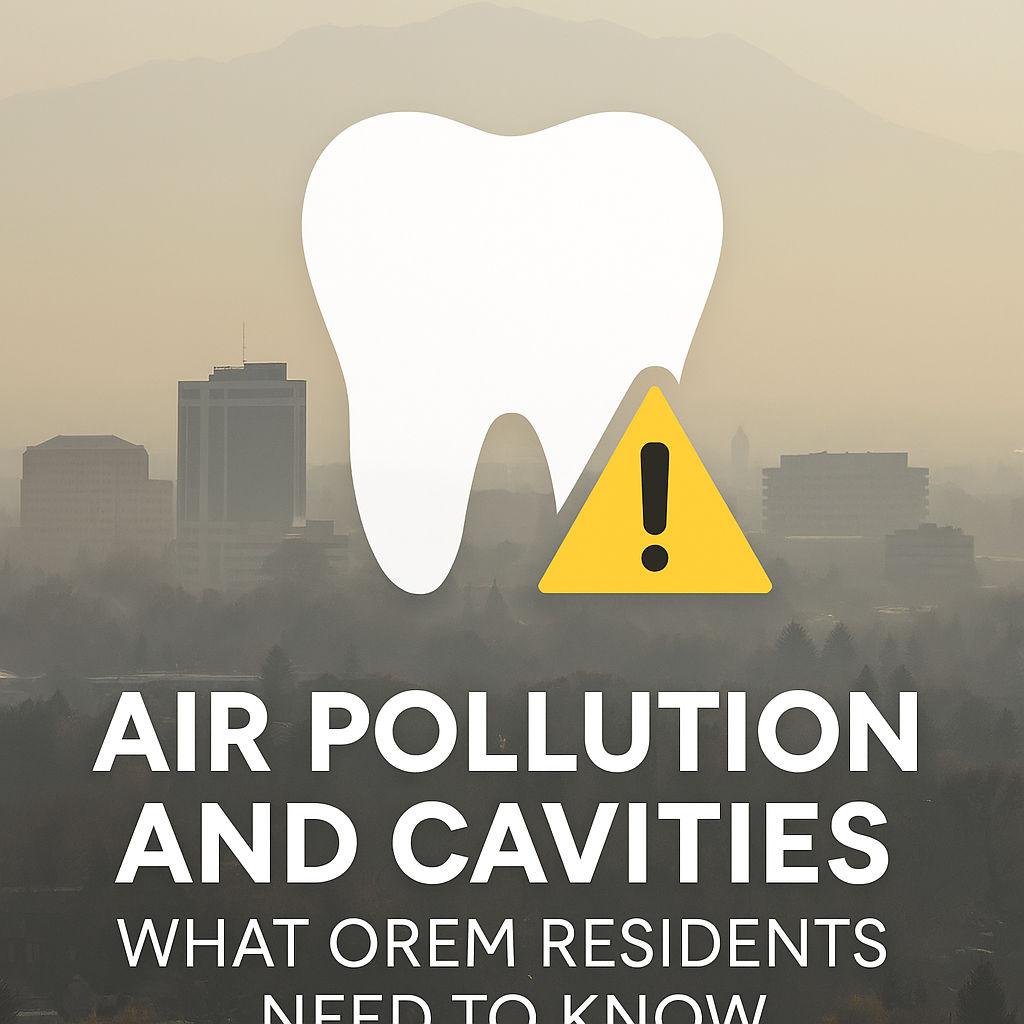Blog Highlights
- Some oral diseases or issues can put patients at a higher risk of developing other medical issues and vice versa
- Your dentist should be informed of all medical problems you suffer from
- People who have periodontal disease are more likely to experience coronary artery disease
Over the years, studies have shown that there is a link between oral health and some cardiovascular (heart and artery) diseases. Some oral diseases or issues can put patients at a higher risk of developing other medical issues and vice versa. Even if there isn’t a direct cause and effect link between diseases, treatments for heart issues can affect your teeth and treatments for your teeth may affect other systems in your body.
Your dentist should be kept informed of all medical problems you suffer from. In order to give you the best possible treatment and care for your teeth, they need to know all the different medications you use including prescription drugs, vitamins, antacids, and even herbal pills.
First, we will look at one of the most common oral diseases that can affect your overall health and lead to other major issues:
Periodontal Disease
Periodontal disease is one disease that has been proven to increase a patient’s risk of coronary artery disease and stroke. Studies continue to show that people who have periodontal disease are more likely to experience coronary artery disease.
The earliest sign of periodontal disease is gingivitis, an infection of the gums. If left untreated, gingivitis leads to periodontal disease, an infection of the gums, and other tissues around the teeth, such as the bone and roots.
Scientists are still trying to determine exactly how periodontal disease leads to heart complications. One theory is that the bacteria that infects the gums and surrounding tissues, migrates to the bloodstream or releases toxins into the bloodstream. Once in the bloodstream, the bacteria or toxins create plaque that fills the arteries. Another theory suggests that the bacteria causes the liver to create proteins. This type of protein is known to inflame the blood vessels, leading to, among other things, strokes.
Symptoms of Periodontal Disease
- Bad breath
- Bleeding gums during brushing
- Gums that peel away from your teeth
- Loose teeth
- Teeth that have shifted, affecting your bite
- Tender, swollen, or red gums
If you experience any of these symptoms, you may be suffering from periodontal disease. It is important to make an appointment with your dentist immediately. Early detection and prompt treatment may reduce your chances of further issues and complications.





